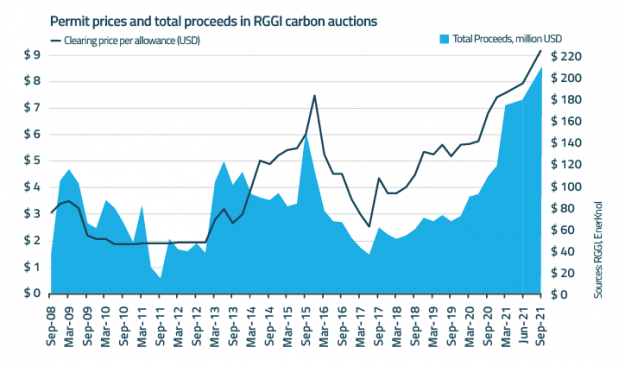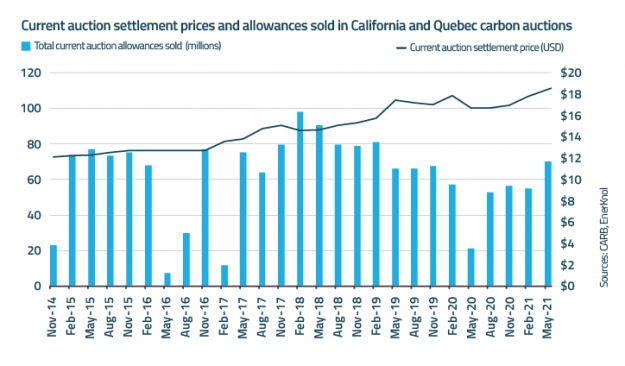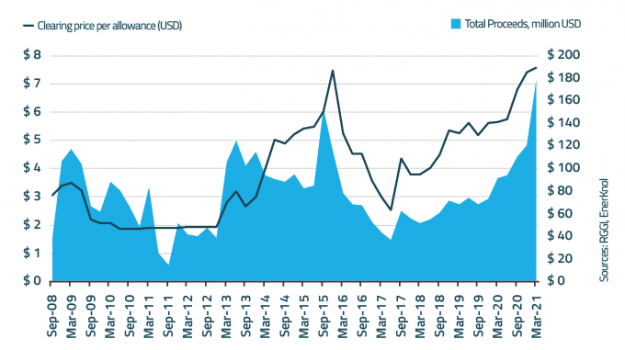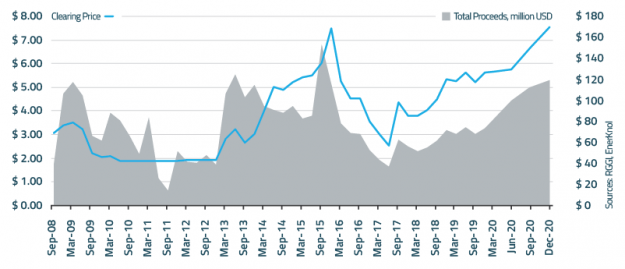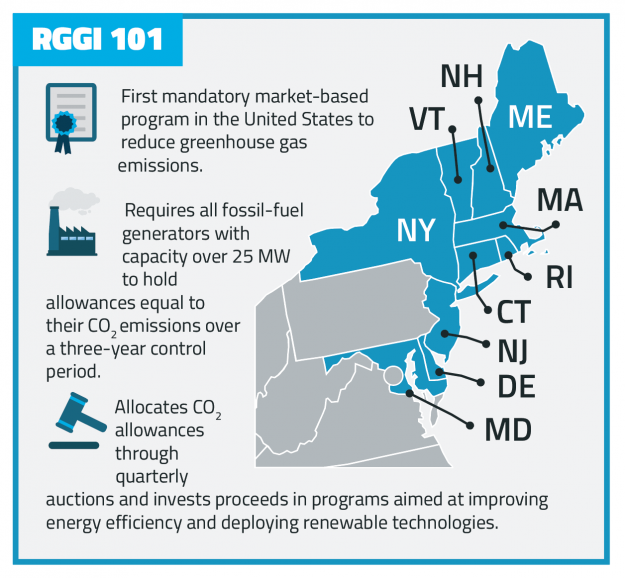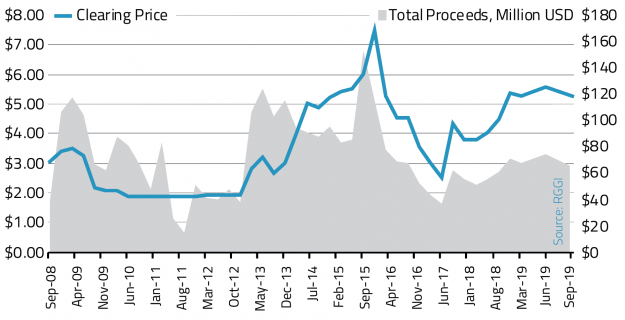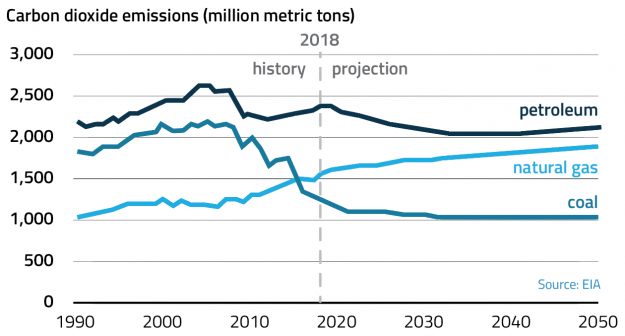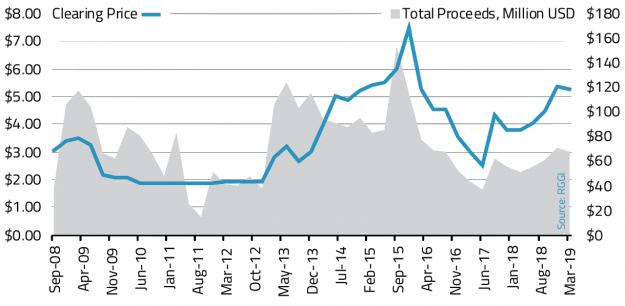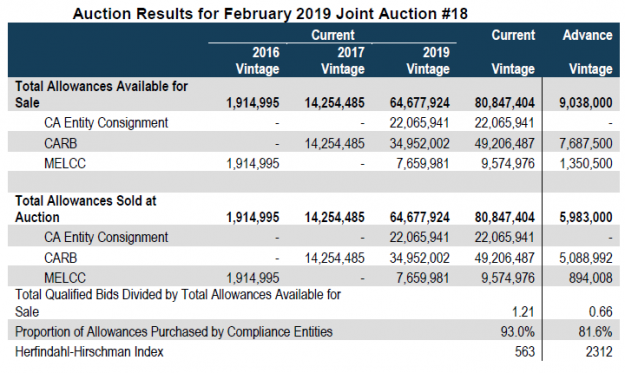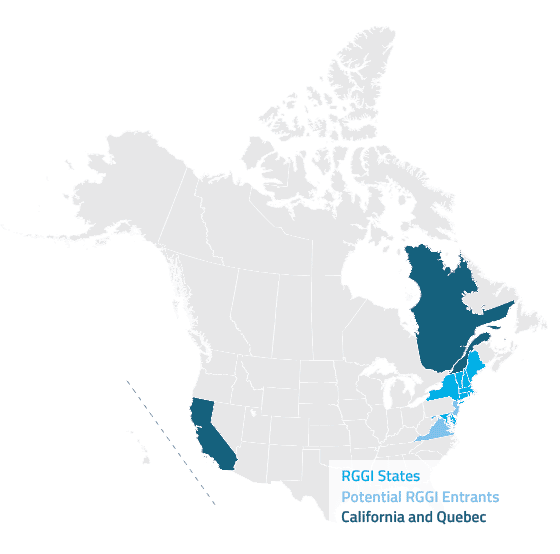Policy Primer: Carbon Pricing November 2021 Update
Interest in carbon pricing mechanisms has deepened as lawmakers and regulators explore policy tools to address emissions reductions in order to reach ambitious clean energy and climate goals. Cap-and-trade is figuring more prominently as an efficient market-based means to achieve significant carbon reductions and create an incentive to invest in non-emitting technologies.
